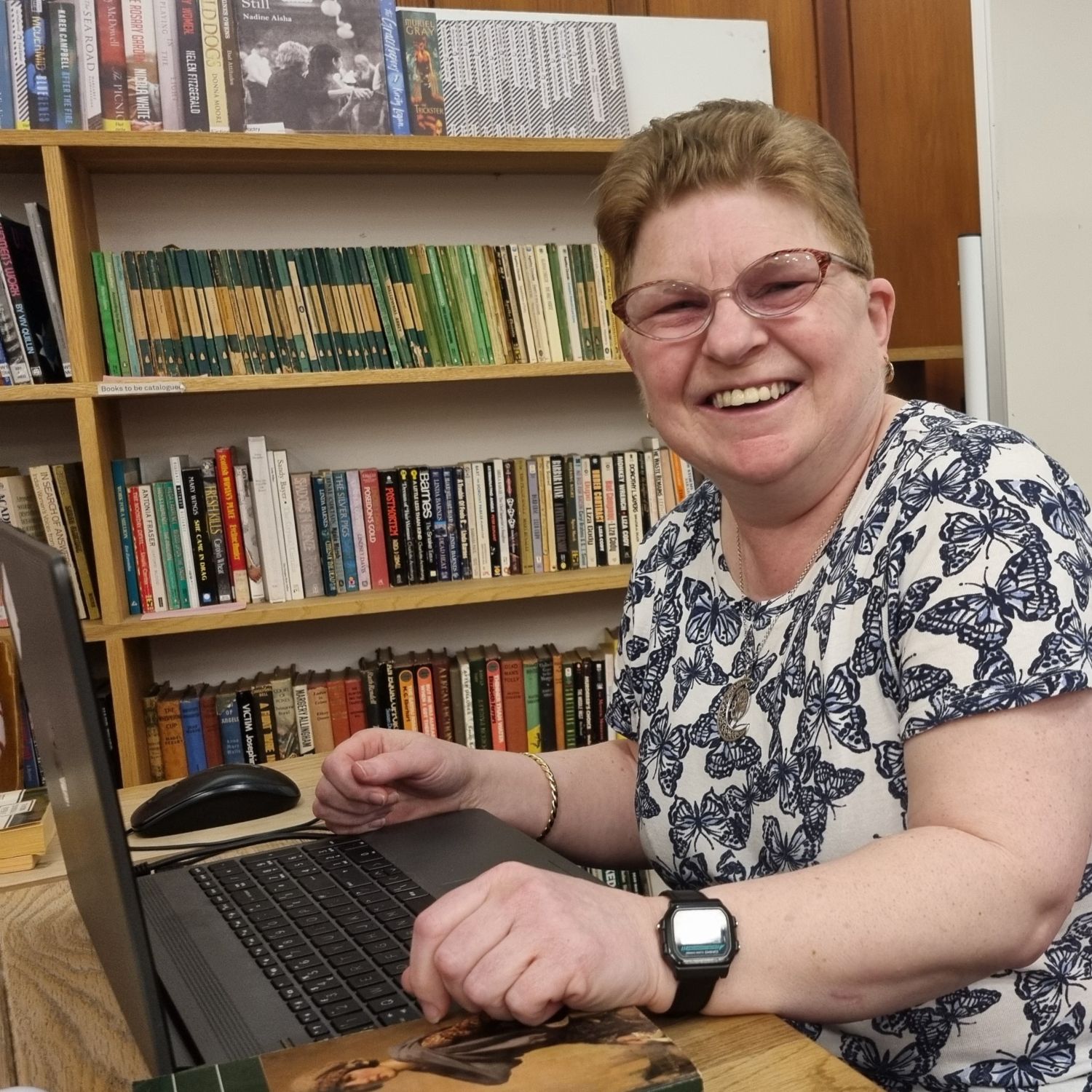Here are the winning entries for our Dragon’s Pen competition in full. We were overwhelmed by the number and standard of entries we received and we are sure you will agree that these are two very worthy winners. An audio podcast of Judith and Ruth reading their entries will be available soon.
WINNING POEM
WED by Ruth Johnston
We married outdoors,
the weather held,
but the cold, that could be cut
by the breath of a stag on the lawn,
turned my legs blue beneath
the sheath of lace that was my dress.
Even in the white furs,
my lips chattered, painted oxblood red,
that smeared on a chain of pearls
I kept putting in my mouth,
and you in your tweed waistcoat,
and hat with the pheasant feather,
that you insisted you’d wear.
After we returned to the house,
and I sat on the floor
by the fire
my dress fanned over a sheepskin rug,
the train of my veil damp with a mud crust
from the walk back along the path
of leaves and earth and rabbit shit.
Someone fussed
over the veil
and my hair,
and there was whisky for the boys,
and the cold,
and everyone said,
how small I looked,
and you,
you were on the other side of the room,
the Laphroaig in your palm,
and I was struck by your calm manner,
the playful jokes,
sweeping anecdotes,
and the masterful strokes
you took of your hair.
The way all this seemed to make you a man.
WINNING SHORT STORY
COLOUR by Judith Stevenson
She made up her mind to move whilst she was washing her hands in the ‘rest room’ of the crematorium. It was the dusty plastic gardenia arranged in a yellowing glass vase on the windowsill that hardened her heart. She looked at herself in the mirror. The face that looked back at her was oddly composed, as if she had arranged her features that morning whilst putting on her lipstick. Well, better keep it that way. No point in succumbing to emotion now.
A woman in a black coat, black gloves and a high black hat welcomed them into the chapel. She was very short and stood on her toes to speak. Sophie pictured Steve’s spirit hovering somewhere near the ceiling. She imagined how the colour would drain from his pale face when he saw that his wife had chosen a firm of funeral directors run by women. But then, since her son had been born he had always looked cross.
‘For my own peace of mind,’ the woman was saying, ‘For my own peace of mind, I have to ask you to make sure that your mobile phones are switched off for the duration.’
For her peace of mind, Sophie thought, why did she need peace of mind? It wasn’t as if it was the body of her husband they were sending into the furnace. What if she, the widow, now that she was ontologically changed, decided to take a phone call just as the curtains were closing?
Surly, if she wanted to, on this day of all days, she could do anything she liked. She could pull down the arrangements of pallid silk lilies that hung in bleached wicker baskets on either side of the aisle. She could run outside, where the trees were drunk with colour as if they had sucked up barrels of burgundy and vats of yellow sherry, and gather up armfuls of golden oak and copper beech and bronzed ash. She could cover the floor with branches and throw handfuls of rusty red leaves on the coffin. She could take off all her black clothes and tie her teal coloured bra and panties to the handles. She could remind his friends that she had once been strawberry blonde. Her pubic hair was still as ginger as the day they had married.
When it was all over, and his friends had eaten sandwiches and sipped champagne in the front room, she and Freddy stood and watched the last car back out of the paved area in front of the house. Twenty years ago, Steve had insisted that they cover the whole garden with concrete, ‘so we won’t have the effort of a lawn.’ Only Steve’s Honda had used the space, until eventually they had put up a basketball net above the garage door. At least that had meant that Freddy’s school friends had come to play with him. She had wanted more children, but Steve had put his foot down after Freddy was born. So she had moved out of their bedroom and into the guest room.
She turned and looked up at her son. ‘I’m moving out. You can have this house if you want it or sell. I’m going as soon as I can.’ His dark eyes smiled back at her and she touched his cheek. His silky skin as nut brown as the conkers he had hoarded as a child.
She didn’t wait for a reply, but went inside and climbed the stairs, noticing that the beige carpet was worn on every alternate tread, as if the occupants of the house had been at pains to keep their imprint to a minimum. She crossed the landing towards the room she had slept in, and then on an impulse, opened the door to the master bedroom.
She pulled back the curtains. The day before she had taken out all Steve’s suits and laid them on the candlewick bedspread. Methodically, she began to search the pockets. She looked through the chest of drawers, and then under the bed and then finally stood on a chair to look on top of the wardrobe. She lifted down a box. The disturbed dust danced in a shaft of autumn sunshine.
As she lifted off the lid, she guessed what she would find inside. For twenty-five years she had refused to think about that time and that place, certain that if she locked away the memory and refused to go near it, she could keep it safe and unsullied, a golden memory to be treasured in a life of drab grey.
She pulls out some documents, and a photograph of her and Steve standing outside a painted house by the sea. It must have been taken soon after they were married, because in the picture she is holding Steve’s hand. She rummages through the papers. So he never sold the yellow house, she thinks. After they moved away, she never asked. She had known that to talk about it, to talk about anything, was too dangerous.
She bundles up the papers and puts them back in the box. She can still remember the telephone number. She picks up the phone on the bedside table and dials. A woman’s voice says hello.
‘Hi, my name is Sophie Drake,’ says Sophie. ‘My husband was Steve Drake. He has died and so I now own the house you are renting. Can you tell me how long you still have to go on your contract?’
‘We will be moving out in a month,’ says the woman. ‘My husband has a job down south. Didn’t meet your husband. We’ve only dealt with the agents.’
Sophie puts down the phone and crosses to the window, pushing it open. The sun is setting and the buildings behind the house are silhouetted against a salmon pink sky. She breathes deeply. The air smells of wood-smoke from a neighbour’s bonfire. A month is just long enough to pack.






